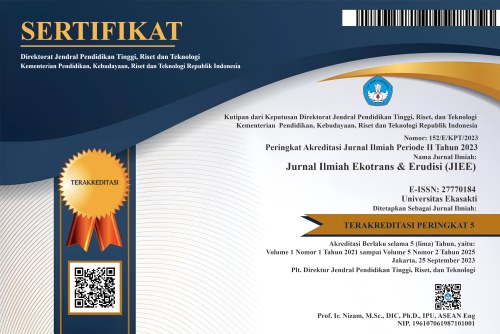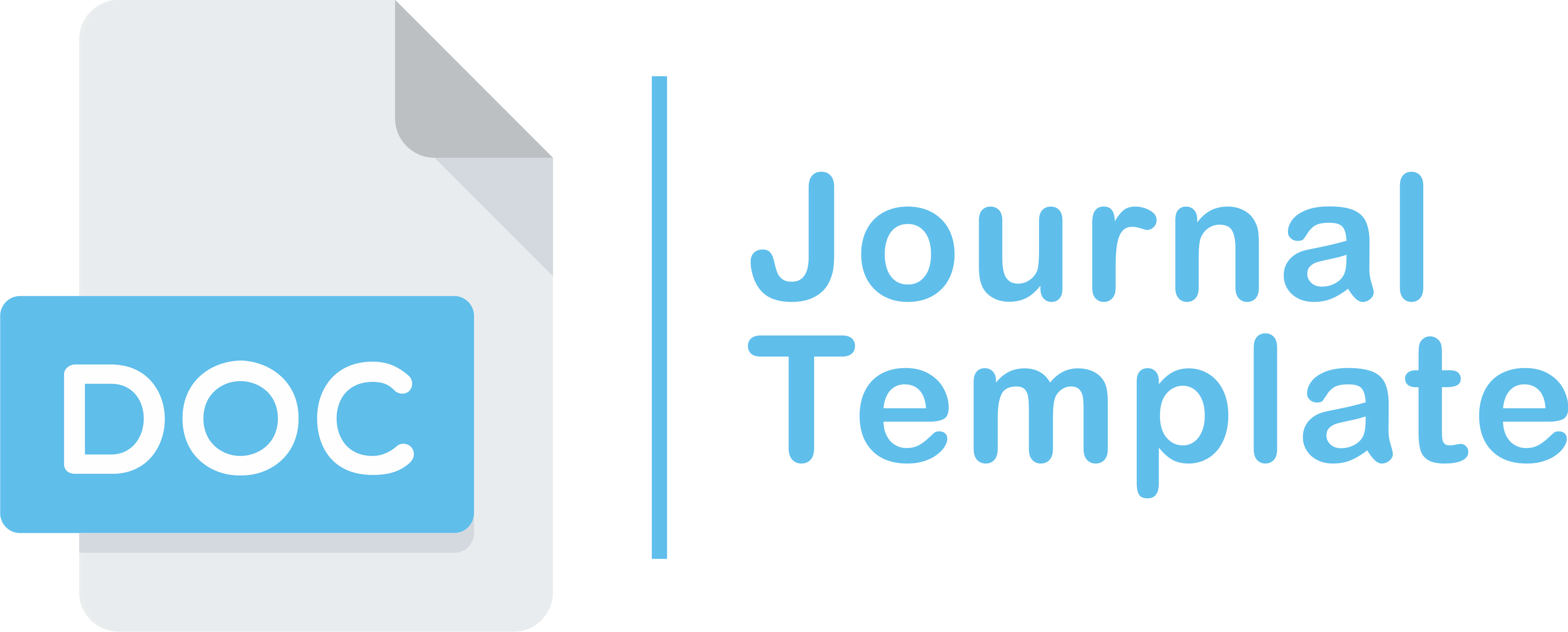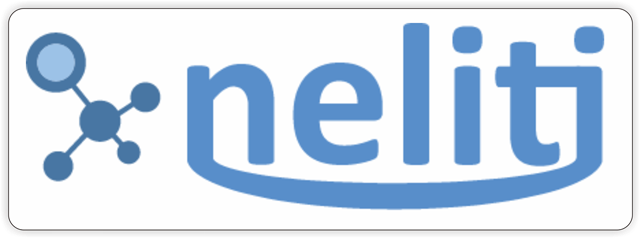Analysis of the Village Head Replacement Mechanism Based on Law Number 6 of 2014 concerning Villages and Derivative Regulations
DOI:
https://doi.org/10.69989/yc477509Keywords:
Dismissal of Village Head, Acting Village Head, Replacement of Village HeadAbstract
Law no. 6 of 2014 concerning villages regulates the appointment and dismissal of village heads. In carrying out the mandate for 6 years, it cannot be denied that along the way the village head will die, resign or be dismissed for one reason or another. Law no. 6/2014 does not regulate in detail the mechanism for replacing the village head. The replacement mechanism is regulated in derivative regulations, such as government regulations (PP) and several Minister of Home Affairs regulations. This article will analyze the mechanism for replacing village heads as regulated in the village law and its derivatives. The results of the research show that Law no. 6 of 2014 and its derivative regulations stipulate that if the village head dies, resigns from his position, and fulfills one of the conditions for being dismissed, the BPD reports to the regent via the sub-district head. The regent/mayor will make a decision to permanently dismiss the village head. The replacement of the village head then looks at 2 things, firstly, if the remaining term of office of the dismissed village head is less than 1 year, then leadership in the village will be held by the acting village head until the village head election. However, if the remaining term of office of the village head is more than 1 year, then leadership in the village is held by the acting village head until the village head is elected at the village meeting.
Downloads
References
Aseh, S., Gafar, T. F., & Zamhasari, Z. (2021). Problematika Penyaluran Bantuan Langsung Tunai Dana Desa (BLT DD) Tahun 2020. JOELS, 2.
Gosi, S. M. (2019). Penggantian Kepala Desa Antar Waktu Berdasarkan Permendagri No. 65 tahun 2017 Tentang Pemilihan Kepala Desa. Universitas Jember.
Hasibuan, S. A., & Gunawan, S. (2022). Mekanisme Penggantian Kepala Desa. El-Thawalib, 3.
Kumalasari, I. (2016). KEPEMIMPINAN KEPALA DESA CIAMIS DALAM PEMBANGUNAN DESA (Studi Pada Gaya Kepemimpinan Situasional Kepala Desa Ciamis Kecamatan Sungkai Utara Kabupaten Lampung Utara).
Putri, N. R. (2023). Analisis Yuridis Mengenai Pembatasan Masa Jabatan Kepala Desa (Studi Putusan Mahkamah Konstitusi Republik Indonesia Nomor 42/PUU-XIX/2021). Universitas Islam Negeri Kiai Haji Achmad Siddiq Jember.
Siwi, G. R. (2021). Pandemi Covid-19: Implikasi Pada Pemilihan Kepala Desa Serentak Tahun 2021 di Kabupaten Bandung. PAMARENDA: Public Administration and Government Journal, 1, 155–170.
Zamhasari, Z., Gafar, T. F., Suryaningsih, S., Octavia, S., Rosalina, R., & Susanti, D. (2023). Sosialisasi Pengaturan Jabatan kepala Desa dan Dampaknya Bagi Masyarakat Desa. J-Abdi, 2.
Zed, M. (2014). Metode Penelitian Kepustakaan (3rd ed.). Yayasan Pustaka Obor Indonesia.
Downloads
Published
Issue
Section
License
Copyright (c) 2023 Suryaningsih Suryaningsih, Yahya Krisnawansyah, Zamhasari Zamhasari, Tengku Fahrul Gafar, Santi Octavia (Author)

This work is licensed under a Creative Commons Attribution-ShareAlike 4.0 International License.
Copyright Notice
An author who publishes in the journal "Jurnal Ilmiah Ekotrans & Erudisi" agrees to the following terms:
Author retains the copyright and grants the journal the right of first publication of the work simultaneously licensed under the Creative Commons Attribution-ShareAlike 4.0 License that allows others to share the work with an acknowledgement of the work's authorship and initial publication in this journal
Author is able to enter into separate, additional contractual arrangements for the non-exclusive distribution of the journal's published version of the work (e.g., post it to an institutional repository or publish it in a book) with the acknowledgement of its initial publication in this journal.
Author is permitted and encouraged to post his/her work online (e.g., in institutional repositories or on their website) prior to and during the submission process, as it can lead to productive exchanges, as well as earlier and greater citation of the published work (See The Effect of Open Access).
All materials in this site are protected by the law. It is prohibited to quote a part of or all of this website contents for commercial purposes without the permission or consent of the editors.
If anyone finds one article or more in this journal violate or potentially violate one’s copyrights, please report to us through e-mail of Principle Contact.
Legal-formal aspects of accessing any information and manuscript in this journal website refer to the provision of license Creative Commons Attribution-Share Alike (CC BY-SA). Read more about the Creative Commons Attribution-ShareAlike 4.0 Licence here: https://creativecommons.org/licenses/by-sa/4.0/.
All information available in 'Jurnal Ilmiah Ekotrans & Erudisi' is academic in nature. 'Jurnal Ilmiah Ekotrans & Erudisi' is not responsible for loss due to the abuse of information in the website.
Information
Notice about change in the copyright policy of the journal 'Jurnal Ilmiah Ekotrans & Erudisi' : "From Volume 1, Nomor 1 onwards the copyright of the article published in the journal 'Jurnal Ilmiah Ekotrans & Erudisi' will be retained by the author"
Privacy Statement
The names and email addresses entered in this journal site will be used exclusively for the stated purposes of this journal and will not be made available for any other purpose or to any other party.




















